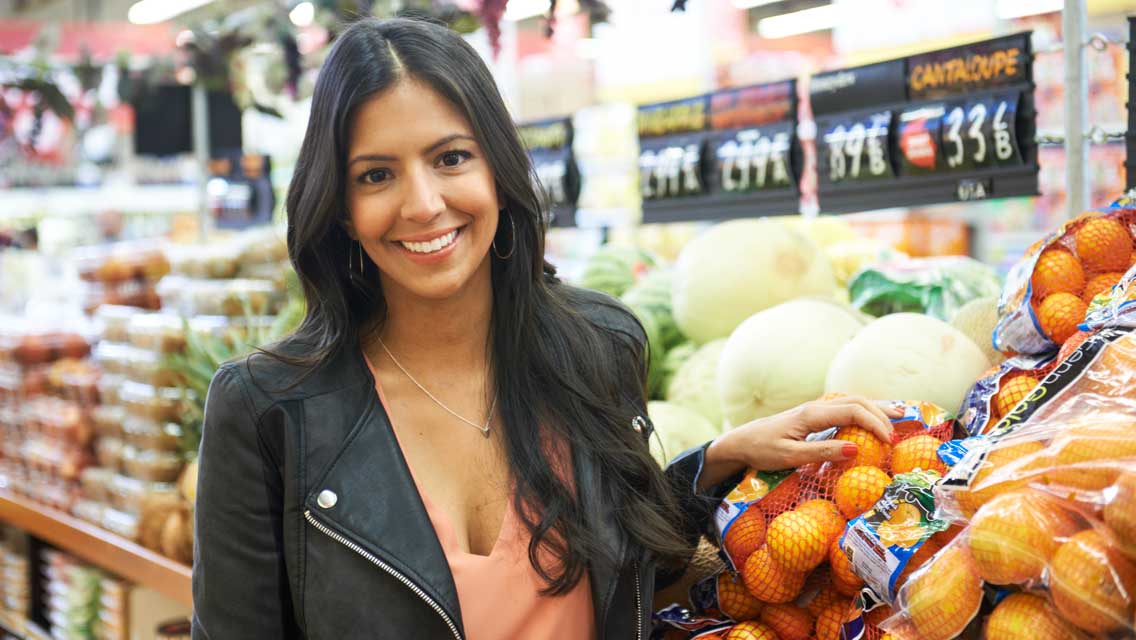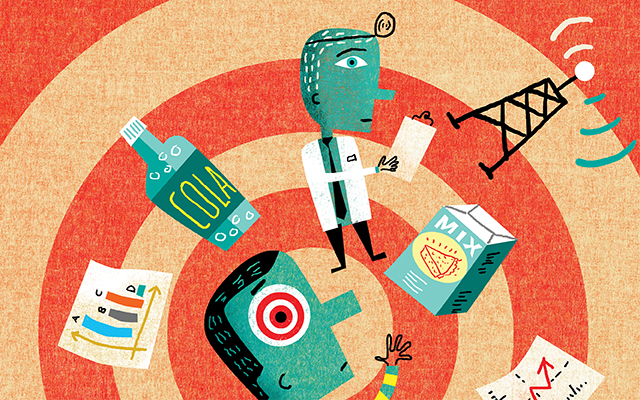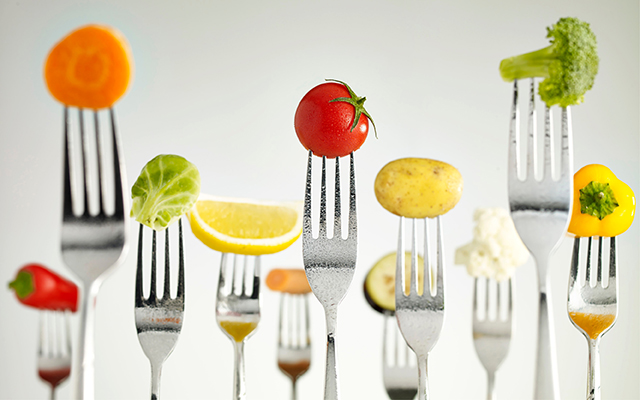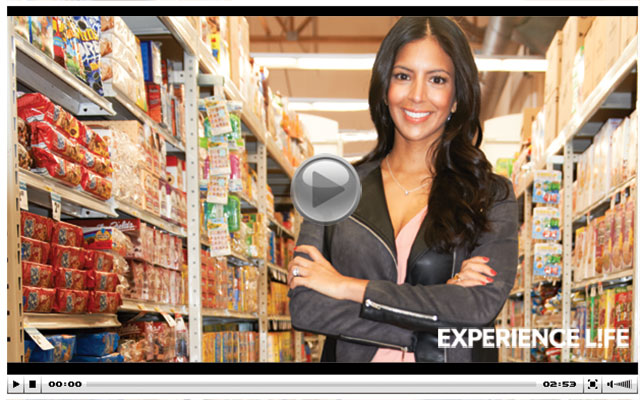I never set out to be an activist,” says Vani Hari.
That’s a hard claim to swallow from the woman who has repeatedly taken on Big Food — and won.
Hari’s first name, Vani, is Hindi for “voice,” a fitting coincidence for one of the organic-food movement’s loudest proponents.
Even if Hari’s name doesn’t ring a bell, her online persona and real-life conquests certainly might: As the Food Babe, Hari blogs about her wellness journey and pushes for transparency about questionable ingredients, such as genetically modified foods and chemical preservatives, in everyday products.
Her petitions regularly garner tens of thousands of signatures from fans who Hari lovingly refers to as her “Food Babe Army.”
Hari’s recent victories include:
- Convincing Subway to remove the azodicarbonamide (a chemical dough conditioner that also lends foaminess to yoga mats and shoe rubber) from its signature breads.
- Persuading Chick-fil-A to begin sourcing antibiotic-free meat.
- Inducing Kraft to remove artificial food dyes from some of its mac-and-cheese varieties.
- Enjoining Chipotle, Anheuser-Busch, and MillerCoors to reveal the ingredients in their products.
Still, Hari insists she never set out to do anything but share some stories and recipes with family and friends. After all, she’s not a food scientist, organic farmer, or trained chef.
Her chief expertise — from her days on the high school debate team and her corporate consulting career — lies in her ability to research, analyze, and fight for a cause. In this case, the cause is “food as a basic human right,” she says.
“We all have the right to food that is free of chemicals and ingredients that make us sick,” says Hari. “The fact that organic food is more expensive than conventional food is one of the biggest human-rights violations of our time.”
[callout]”We all have the right to food that is free of chemicals and ingredients that make us sick.”[/callout]Experience Life | Your parents immigrated to the United States from India, and you were raised in North Carolina. How did your background and upbringing inform your passion for organic food?
Vani Hari | Actually, my dad wanted us to fit into the American lifestyle, so my brother and I were never required to eat the Indian food my mom cooked. She would cook one meal for herself and my dad — gourmet, Indian, from scratch, full of spices and vegetables from her garden — which to me looked weird and gross. And for us kids, she relied on processed foods: microwavable Salisbury steak, mozzarella sticks, chicken tenders, and all that stuff that came in a box from the frozen section. McDonald’s and Burger King and Wendy’s. Really, we were allowed to eat whatever we wanted, to fit in with the world around us.
EL | How did that work out?
VH | I was sick as a child. I never wanted to go to school. I always had a stomachache. I had eczema all over my body. Asthma. Allergies. I was in and out of the doctor’s office all the time.
EL | So being sick was your “normal”?
VH | Yes. I thought it was my existence. I just thought that was life.
EL | So what changed?
VH | After college, I was 22 years old and working crazy hours at this amazing job for a prestigious consulting firm. I gained about 30 pounds in the first six months and started to feel and look really bad. I had no energy. One day, I had terrible pain in my stomach and ended up having an emergency appendectomy. The doctors told me it was random, that it could happen to anybody. But I didn’t believe them.
As I was recovering in the hospital, I had this light-bulb moment: “This is not the way it’s supposed to be. This isn’t my destiny. This is not how I want to feel.” I made the decision right then and there to make my health my No. 1 priority.
[callout]As I was recovering in the hospital, I had this light-bulb moment: “This is not the way it’s supposed to be.[/callout]EL | Where did you begin?
VH | I went to the library and started reading all these alternative-health books. I was shocked to learn the way our food had become adulterated, how the industrialized food system was only out for a profit and not for making us healthy, that all the claims on the side of a box of food were misleading. I’d been duped my whole life.
EL | Is that when you decided to become the Food Babe?
VH | My friends and family and coworkers begged me to blog about my journey and share my recipes. One day I asked my husband to register the URL “EatHealthyAndLiveForever.com.” He said to me, “You’re crazy; that’s a horrible name.” I didn’t know anything about blogging. He came up with the “Food Babe.”
EL | Did you ever think your blog would grow to be as large and influential as it has?
VH | Never.
EL | What do you consider your biggest success?
VH| Growing this movement. Hearing from the person who says she didn’t know what a GMO [genetically modified organism] was until I wrote about it. Inspiring people to buy the right products and shape the marketplace with their money and their voices. It’s creating this movement of people who are changing the world.
EL | What advice do you have for the person starting out on this journey, the person who wants to make healthier choices but doesn’t know how?
VH | One of the most fundamental changes I made was switching where I shopped — going from a conventional grocery store to shopping at farmers’ markets or stores like Whole Foods. Changing where you shop automatically limits the possibility of choosing foods with artificial ingredients and preservatives and trans fats, but it also opens up the possibility of living an interesting and delicious life without chemicals. You can still have dessert. Life can still be grand.




This Post Has 0 Comments